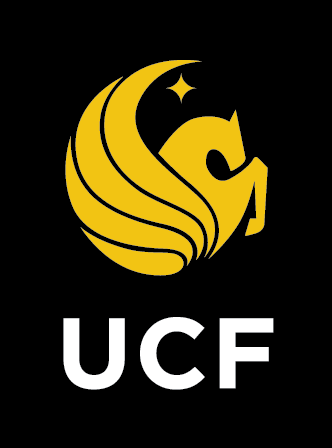Arizona Board of Regents: Learner-Centered Education Course Redesign Initiative
Arizona State University
Course Title: College Algebra
Redesign Coordinator: Dieter Armbruster
Status: This project originated as part of the Arizona Board of Regents Learner-Centered Education Course Redesign Initiative, 2006 – 2009. Due to a variety of factors, this project was not completed. The project plan serves as a good example of how to think about redesigning a large-enrollment course.
Project Abstract
Arizona State University (ASU) plans to redesign College Algebra, a large-enrollment course serving ~1700 students in more than 80 sections each year. Approximately 20% of ASU's freshman class enrolls in College Algebra. The traditional course is taught by first-year mathematics faculty, graduate teaching assistants (GTAs), and competitively selected undergraduate students. The pedagogy in this three-credit course consists of lecture-based instruction with minimal collaboration among students during class meetings. Most traditional sections do not infuse computer technology into classroom activities. However, teachers have the option of using online homework assignments that focus on students' procedural learning rather than conceptual understanding.
The traditional course has a significant student success problem. College Algebra repeats material that students have already taken in high school yet, over the past seven years, the percentage of students who fail or withdraw from the course has ranged from 35% to almost 50%. Repetition is a large part of the problem. In the traditional College Algebra course, students receive a repeat dose of a curriculum and instructional methods that did not succeed for them in high school and are not succeeding for them at the university. Students who do pass are not always well prepared for calculus or even motivated to take additional mathematics. In addition, there is a lack of consistency among the sections leading to course drift.
Using the Supplemental Model, ASU's redesign plan will focus on student inquiry, the application of mathematical concepts in real-world contexts and the key concepts of college algebra that are necessary for success in future mathematics courses. Students will engage in class activities that shift instruction from a teacher-centered to a more student-centered experience. The redesigned course will use a common syllabus, textbook and course web site for scheduling assignments and sharing course materials. Online homework assignments will require students to take an active role in learning procedural and skill-based tasks in order to prepare them for classroom activities. These assignments will also reinforce concepts previously learned in the course. WileyPLUS, course management software, will support online activities.
As part of its redesign plan, ASU plans to address Arizona's shortage of mathematics teachers through a newly designed secondary mathematics certification program. This program will prepare undergraduate mathematics majors to tutor in College Algebra during their junior year and to teach the course during their senior year. Experienced faculty from the redesign team will mentor and supervise these undergraduate teachers during their tutoring and teaching experiences.
Learning outcomes will be assessed by conducting pre- and post-tests in parallel sections. All College Algebra students' subsequent enrollment and success in future mathematics classes will also be tracked.
The redesigned course will reduce instructional costs by reducing the number of GTAs from 44 to 19 and increasing undergraduate tutors/teachers from six to 20. The tutors/teachers will receive academic credit instead of payment. The cost-per-student will be reduced from $403 to $256, producing a 36% savings. The savings will be allocated to redesigning other mathematics courses and providing leadership training opportunities for faculty teaching redesigned courses.
|
